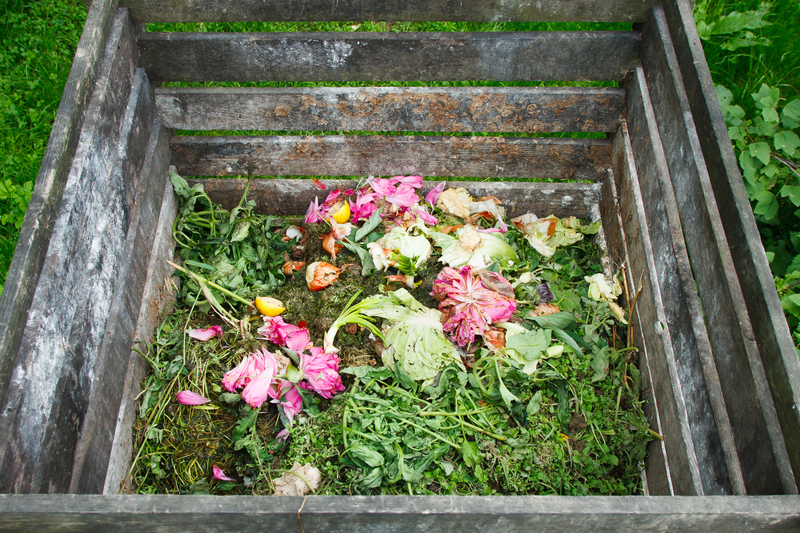Green waste, consisting of garden and park waste such as grass clippings, leaves, and branches, contributes significantly to landfill accumulation. Embracing waste reduction habits not only benefits the environment but can also save money and resources. Here are ten effective strategies to help you reduce green waste effectively.
1. Composting at Home
Composting is an excellent way to reduce organic waste by turning it into nutrient-rich soil. You can start composting by setting up a compost bin in your backyard. This process, known as decomposition, not only minimizes waste but also provides a valuable resource for your garden.
- Choose a compost bin that suits your space.
- Regularly add a mix of green and brown materials.
- Turn your compost pile to prevent odor and accelerate the process.

2. Implementing a Grasscycling Practice
Grasscycling involves leaving grass clippings on your lawn after mowing. These clippings decompose quickly, returning essential nutrients to the soil. This eco-friendly practice can decrease the need for fertilizers and reduce the volume of grass clippings in waste bins.
3. Adopting a Mulching Habit
Using mulch around your plants helps retain moisture, reduce weed growth, and moderate soil temperature. Mulch can be made from organic materials like wood chips and shredded bark, which are often available from tree trimming services. This practice effectively recycles yard waste and improves garden health.
4. Engaging in Community Composting
Not everyone has the space or resources for a personal compost pile. Community composting programs are a great alternative. These programs collect organic waste from households and community events, compiling it into large composting operations that serve the whole community.
5. Reducing Lawn Size
Consider shrinking your lawn to reduce maintenance and waste. Replace grass areas with native plants, pebbled pathways, or even vegetable gardens. This approach can significantly cut down on the green waste you generate and lead to a more sustainable and biodiverse garden.
6. Practicing Strategic Planting
Plan your garden with a focus on low-maintenance plants that require minimal pruning. Native and drought-resistant plants often produce less waste and thrive even without constant care.
- Choose perennial plants over annuals.
- Plant growth-moderating species to avoid frequent cutting.
- Use companion planting techniques to enhance plant health and yield.
7. Utilizing a Chipper or Shredder
A shredder or chipper can transform branches and twigs into usable mulch. This equipment is especially useful in reducing the volume of woody waste and recycling it back into your garden system effectively.
8. Running an Annual Garden Waste Audit
Conduct an annual review of the waste your garden produces. This audit helps identify materials that generate the most waste and which areas can be improved. It aligns well with implementing more sustainable garden practices year-round.
9. Educating and Involving the Community
Spread awareness about reducing green waste by hosting workshops and sharing knowledge within your community. Education can empower others to adopt sustainable practices and develop better waste management habits.

10. Supporting Green Waste Collection Services
Many municipalities offer green waste collection services that ensure proper processing. Familiarize yourself with local services to make sustainable disposal choices. Typically, these programs turn green waste into usable compost for agricultural and landscaping purposes.
Conclusion
Improving how we handle and decrease green waste requires commitment and creativity. These practical solutions, from personal composting to community involvement, make a considerable difference. By integrating these strategies into daily practices, individuals can significantly contribute to environmental sustainability and promote a healthier planet. Engage in these solutions today for a greener tomorrow!